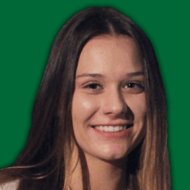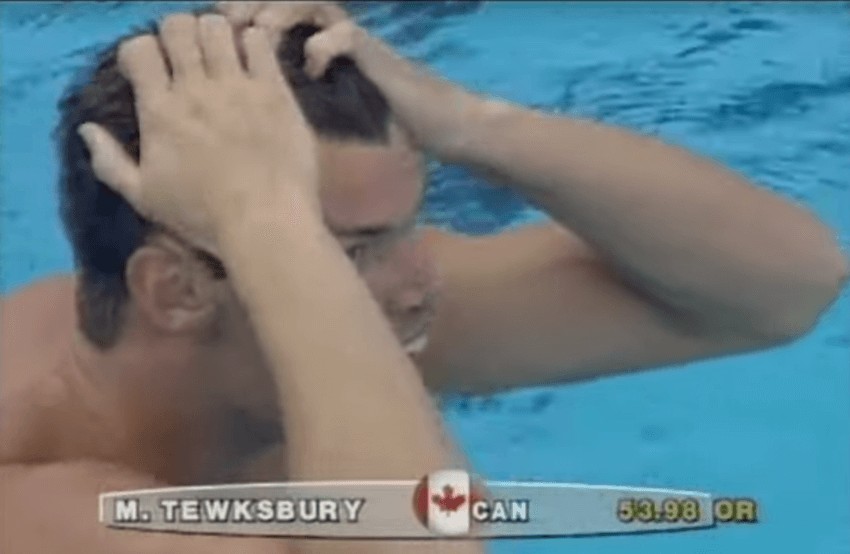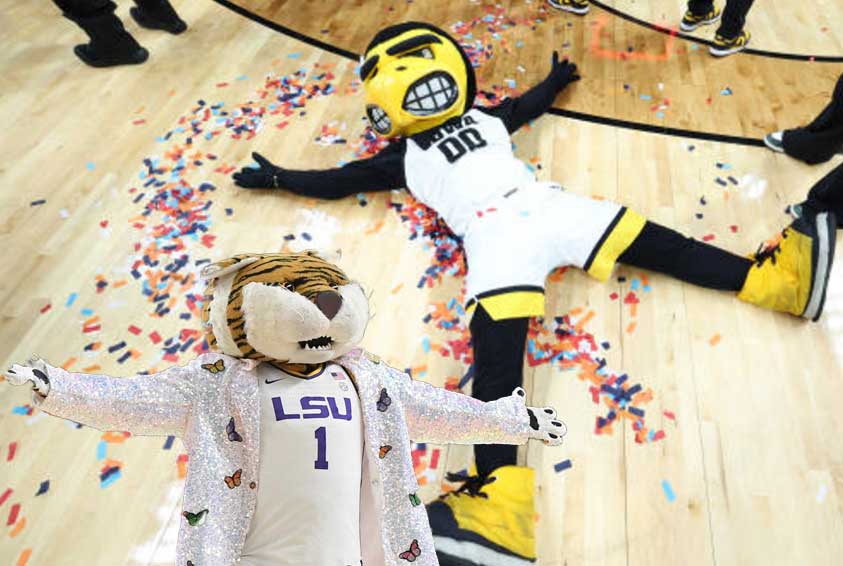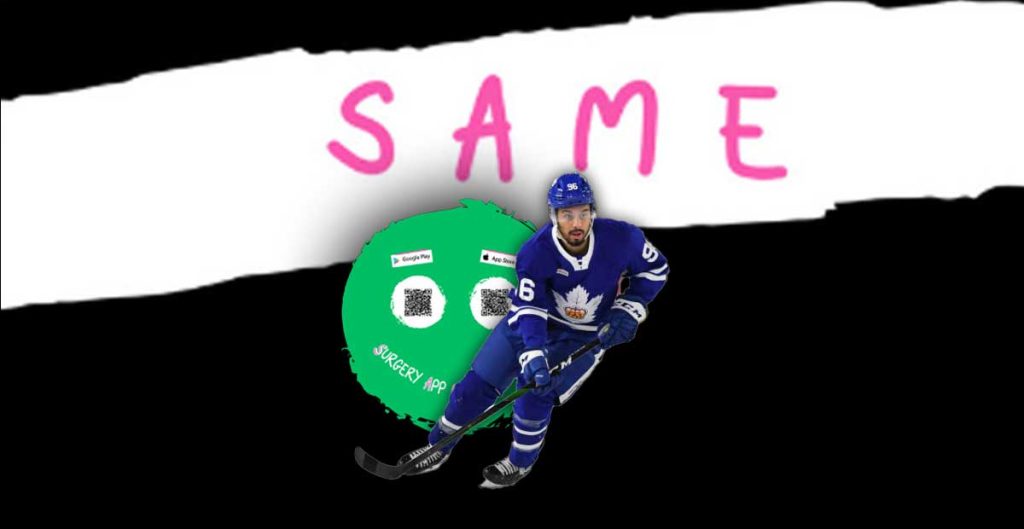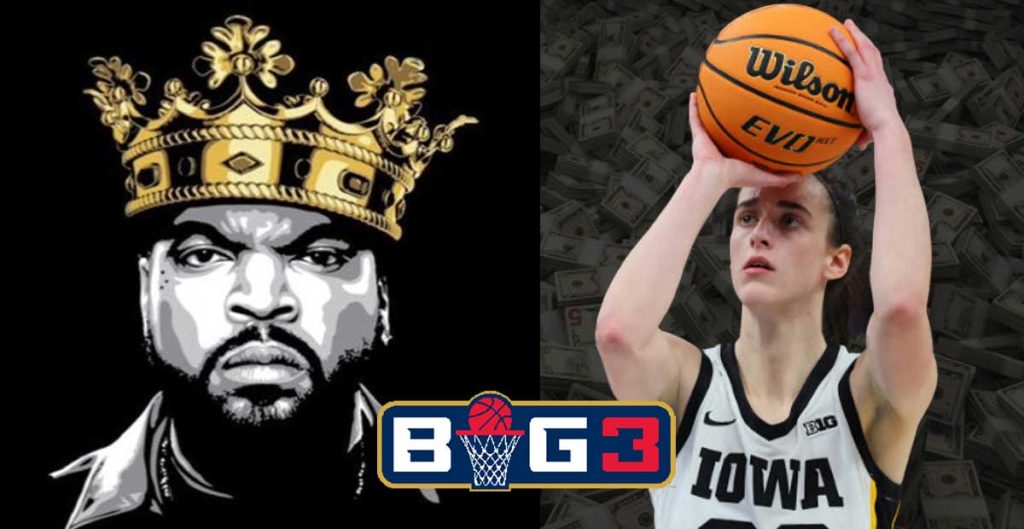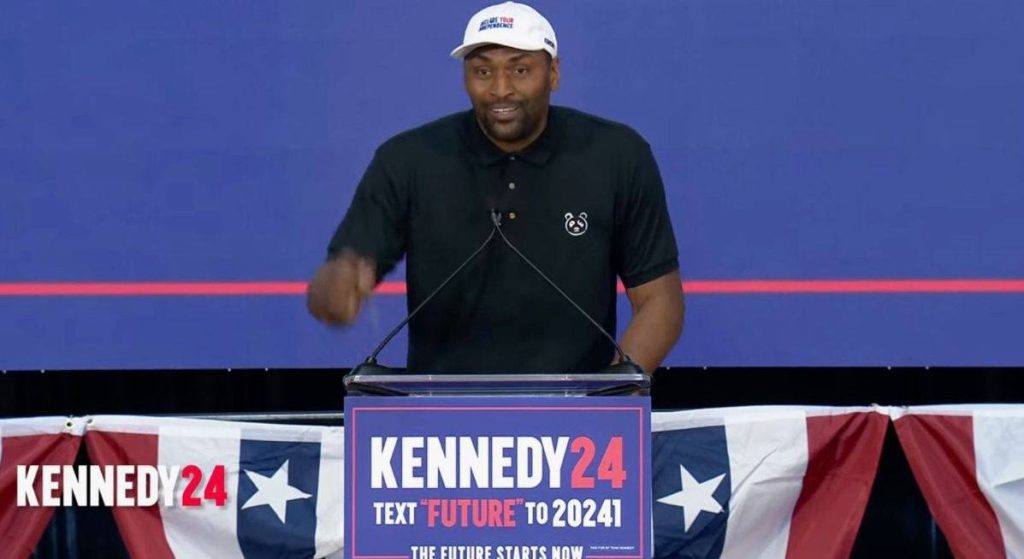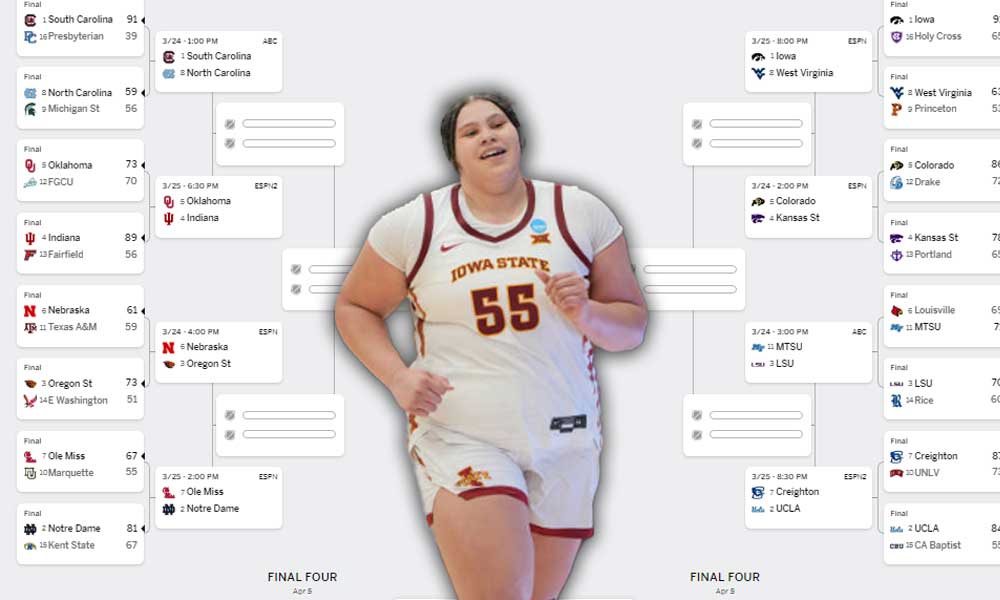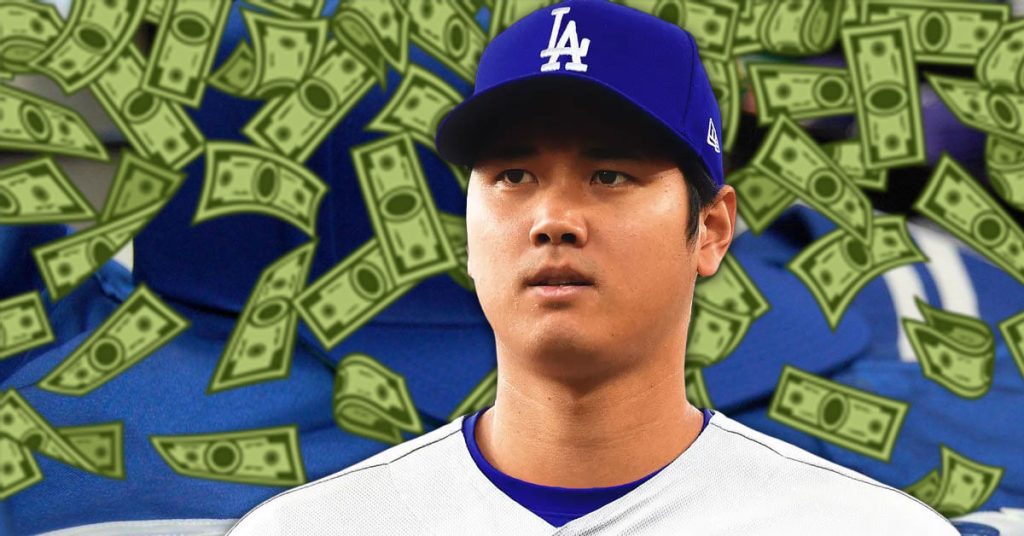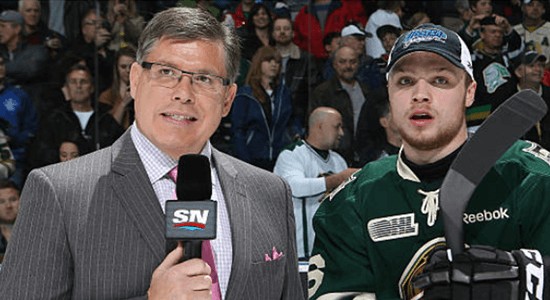
Sportsnet’s Rob Faulds On His Career As A Versatile Sportscaster
Rob Faulds | Commentator | Sportsnet

I feel my versatility has been a key in my career. I try to tell young broadcasters to try everything, it will give them a great foundation to build their career on.
Rob Faulds
Commentator
Sportsnet
You have been with Rogers Sportsnet since the beginning. Can you tell us how you’ve seen it evolve over the years? Were there things you had to do to adapt?
It has been a slow, steady process, one that has come with its share of growing pains. We began as CTV Sportsnet and already had a sports presence with the rights to the NBA, figure skating, auto racing and other properties. But many of the events were shown on the weekend.
We jumped into a 24 hour broadcast day in October of 1998 knowing full well we would be measured against the already established TSN. We were fortunate to have secured the rights to the NHL national rights which gave us some credibility immediately along with our other properties.
Even with many seasoned television professionals we had to find our footing and because we were a regional service (East, Ontario, West and Pacific) we had to keep in mind who our audience was and look to ensure regional stories were being covered. That made our early and late news shows a bit of a marathon. We’d do a show for the East, reset the line-up for a more Ontario-centric show and again for the West and Pacific shows.
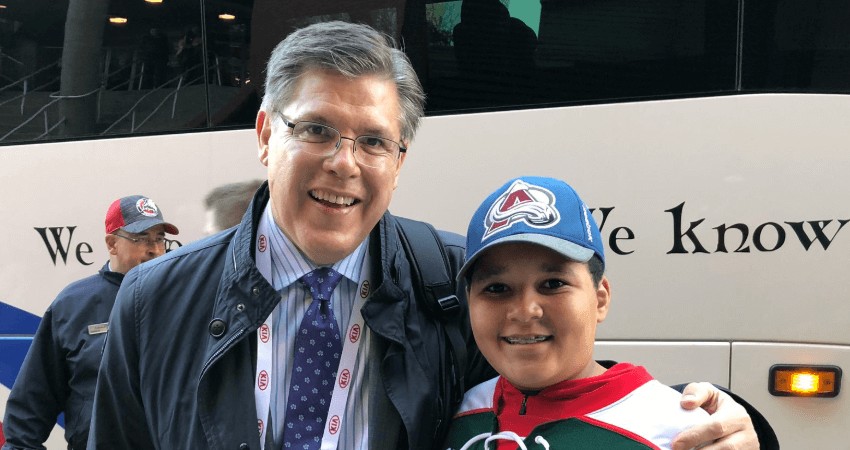
I can recall doing four different early shows, and then four different shows were done for the late broadcast.
Streamlining the product through trial and error has been a key to how Sportsnet Central looks today.
I watched as the network went from “where on the dial are you?” and “I can’t get you in my cable package” to a dedicated channel for most cable services. Much of that happened after we were purchased by Rogers. A familiar spot on the dial helped people find us.
We grew as people grew into their roles, we learned by doing television 24 hours a day, seven days a week.
Not unlike an athlete, you get better with more reps, it may not be easier, but you’re aware of the work that’s needed to be successful.
It’s quite remarkable and gratifying to see how the skill set of the staff has evolved, many who have been there from the early years of Sportsnet.
How did you get started in the sport industry, did you always know it was something you wanted to do?
I had always been involved in sports, played them in school, but unfortunately had no “elite” level skill.
I’ve always been interested in radio and television. My career began as a lucky accident. I was in university at Western in London, Ontario and happened to wander into the studios of Radio Western, and was convinced to come in and volunteer.
I did some of everything, I wrote news, hosted a music show, did play-by-play of Mustangs football on the campus network, whatever was needed.
Through that I was able to get a part-time job with CFPL Radio in London, (in 1975) first as an operator, I enjoyed the atmosphere and tried to learn as much as I could, I set up remotes, programmed music, did the occasional on-air shift, play-by-play of the London Knights, learning everything I could from many veteran broadcasters who were more than willing to answer my questions and help me improve. My hours at the radio station went up, my hours at school went down, and I joined the radio station full time.
I knew that sports was what I wanted to do, and with the encouragement of colleagues, I applied for sports jobs when they became available.
After some rejections I was hired by CKSO Radio in Sudbury (1980) as sports director. I did morning sports, play-by-play of the London Knights and some television reporting and anchoring. It was a terrific opportunity to learn and grow as a broadcaster.
From there, stops in Winnipeg at CFRW (1984), the big jump to CFCF in Montreal (late 1984) where I did radio and television, including play-by-play of the Montreal Canadiens and Expos and where I first started doing some freelance work for CTV Sports.
I joined CTV Sports in Toronto in 1995, and was on hand for the launch of Sportsnet in 1998.
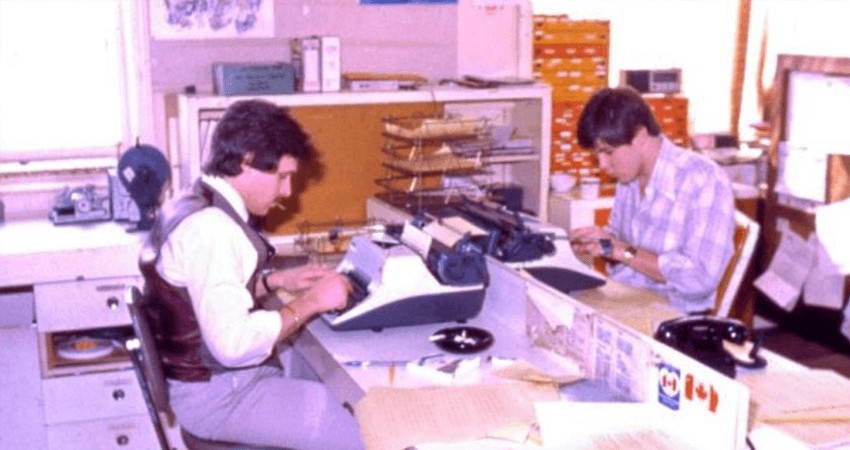
Have you had any career highlights: a moment or event that really stands out to you?
Doing a live play-by-play is not an easy job, is there anything you found to help prepare you before a big game?
Go in prepared. Learn the teams, talk to players, coaches, general managers. Read up on what the team has been doing prior to the game you are going to call. The internet is certainly a bonus, but talking to people is a great help.
I do a game sheet that helps me wrap my head around what I’m about to do. It includes game notes, thumbnail sketches of players, some stats and some talking points.
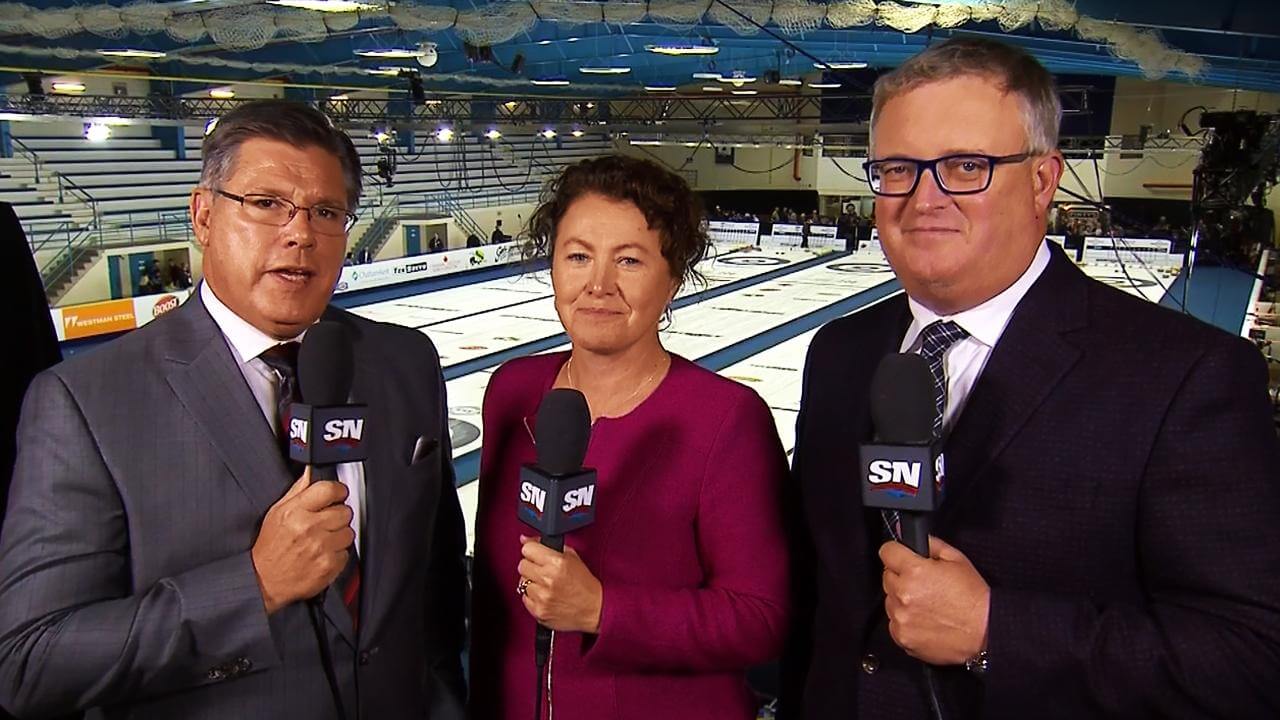
You are one of Canada’s most diverse broadcasters, having covered MLB baseball to figure skating to lacrosse to the Olympics. How did you become so dynamic and wide-ranging? Do you have a favourite sport to cover?
As for the number of sports I’ve broadcast, when they asked, I said yes and went to work. If only I did this much studying when I was in school! I try to do as much research as I can talk to the people around the sport I was about to broadcast. If there was some video of past events I would try to give it a look.
As for a favourite, likely football and hockey early in my career. But I learned to appreciate many others, for example, the pace of calling a baseball game, letting it breathe, the same for curling or tennis. The play dictates the call.
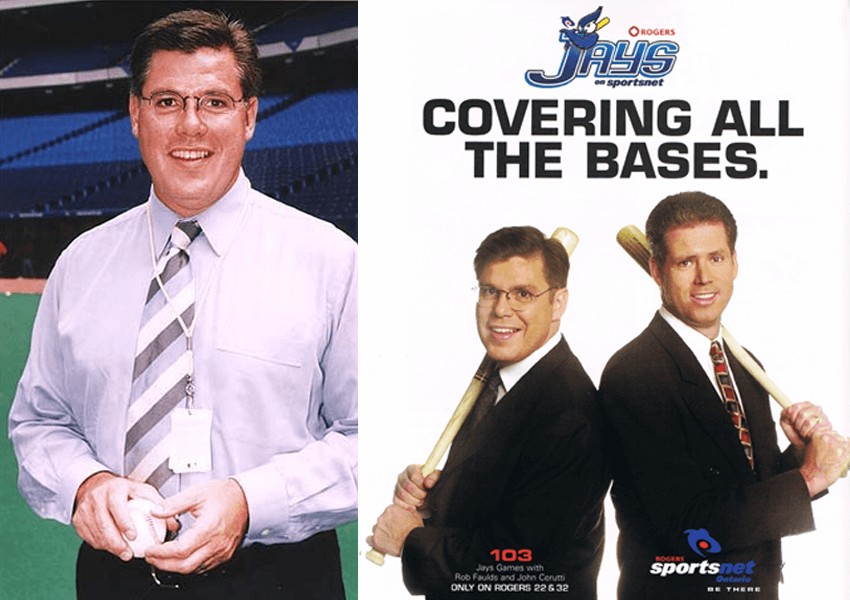
I feel my versatility has been a key in my career. I try to tell young broadcasters to try everything, it will give them a great foundation to build their career on.
What is one piece of advice you would give to someone aspiring to be a commentator?
Practice! You get better with the more reps you do. I can remember turning the sound down of a TV game and calling the play. Read aloud, it makes you comfortable with handling copy if you’re aiming to be an anchor.
Do the homework, it pays off, a small nugget can add to the story you’re telling.
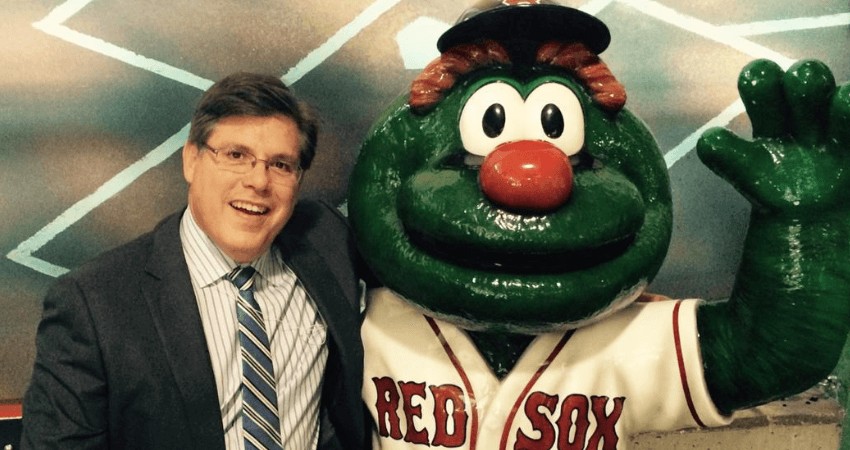
[get_current_post_author_pic_and_name]
Rob Faulds has played an important role in the growth of Sportsnet and sports media in Canada. If turned on at least 10 Canadian-based sports broadcasts, the chances are super high that you’ve heard Rob Faulds’ voice. That’s because Rob Faulds has done play-by-play for Toronto Blue Jays, regional National Hockey League telecasts for the Ottawa Senators and Montreal Canadiens, National Lacrosse League games, all kinds of curling and tennis events, and multiple Olympic Games. Rob Faulds’ undeniably successful career had a huge impact on the sports media industry. As Rob told us, the journey wasn’t without its fair share of ups and downs, but then again most aren’t. Rob Faulds’ hard work and willingness to try everything was a driving force in his career and he shows no signs of slowing down.
The Latest

